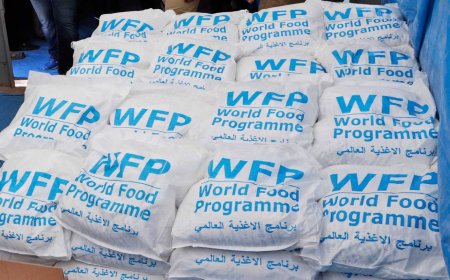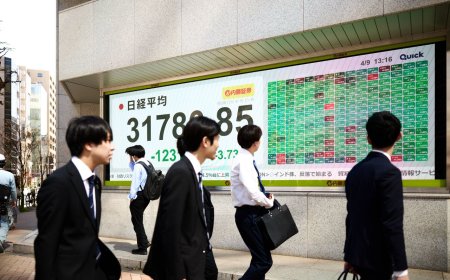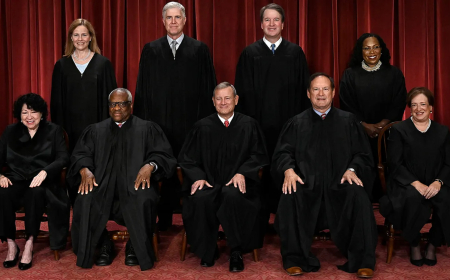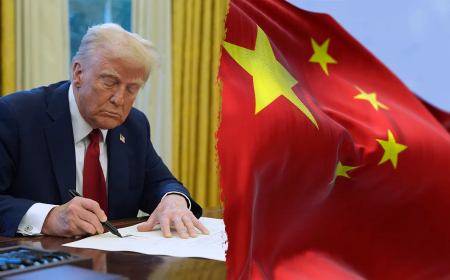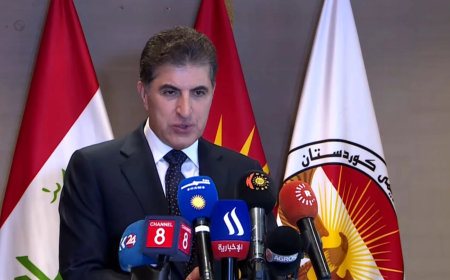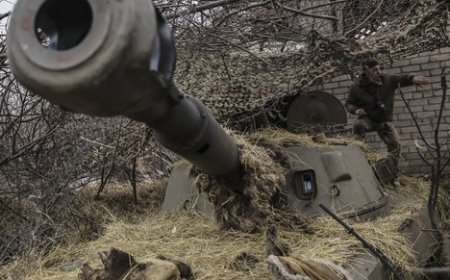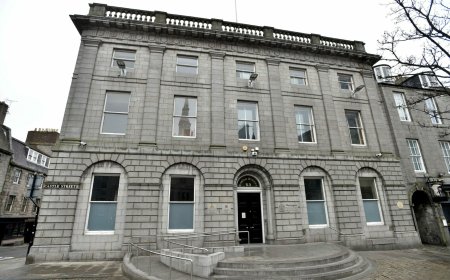Economic crisis key for Kurdish voters in Germany
DUSSELDORF, Germany - Kurds living in Germany told Rudaw that their financial situations are worsening ahead of parliamentary elections. One said he would not cast a vote.
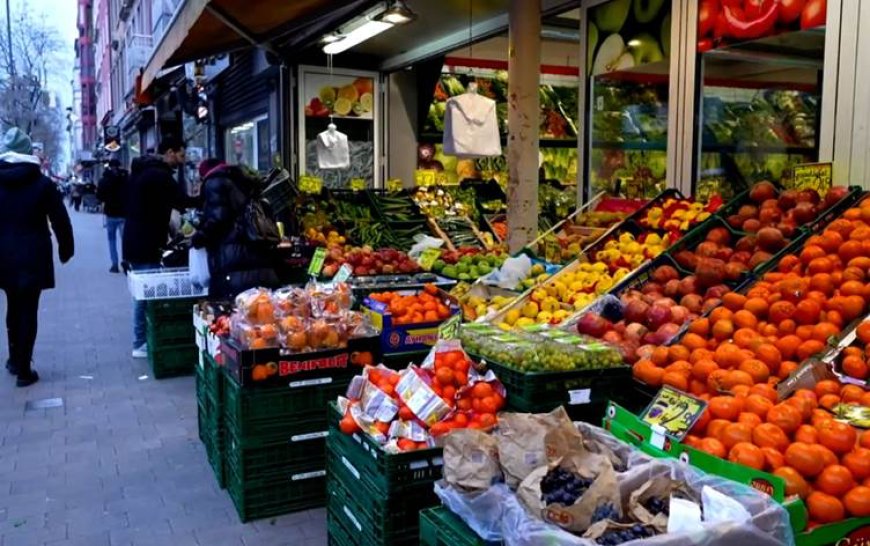
Dusseldorf is the capital of North Rhine-Westphalia state, the economic powerhouse of Germany. A stretch of Kolner Street in the city has become known as the Street of Kurds because of the number of Kurdish businesses.
Rizgar Ali and his wife are Kurds. They opened a business on the street in 2007.
Ali told Rudaw that the COVID-19 pandemic was bad for Germany, and the Russia-Ukraine war worsened the situation tenfold, making it very difficult for business owners, especially immigrants.
“I have this office and I have three to four employees here. Each employee has a salary which, for example, is €1,600. Ten years ago, with this salary, a person could purchase a mansion and cover all their expenses, house rent, telephone bill, and everything else. But now, the same 1,600 that they receive, is gone by the tenth of the month. Why? It is true that their salary is the same, 1,600, and has been the same for ten years or slightly less or more. The economy of this country keeps going down. It is not enough for them. By the tenth of the month, they are out of money,” said Ali.
Germany has the world’s third-largest economy and the first in Europe. But for the past two years, its economy has been contracting.
Sardar Sindi is a goldsmith originally from Kurdistan Region’s Zakho and has a shop on Kolner Street. He rarely receives customers and believes that with rising living costs, people cannot afford gold anymore.
“In the last two years, the market witnessed very high prices. The prices of the essentials doubled. The price of fuel doubled too. House rents and everything else went up,” he said.
Mahmood Duhoki is from Kurdistan Region’s Duhok city. In 2021 he opened a restaurant named Erbil Grill. He said he does not plan to vote in Germany’s upcoming election.
“In the past, the government provided €400-500 [as social aid to migrants] and it was enough to make ends meet. This has not only affected our people. I know that many companies in Germany have been closed. It is getting worse every year. When a party comes to power for three to four years, it does not realize what impact it has had on businesses because it would not closely follow the situation,” he said.
In 2024, Germany’s economy shrank for the second year in a row, the first time this has happened since the early 2000s. The German central bank expects the economy will begin to make a slow recovery over the course of 2025.
Germans will go to the polls on February 23.
Resource:Rudaw


